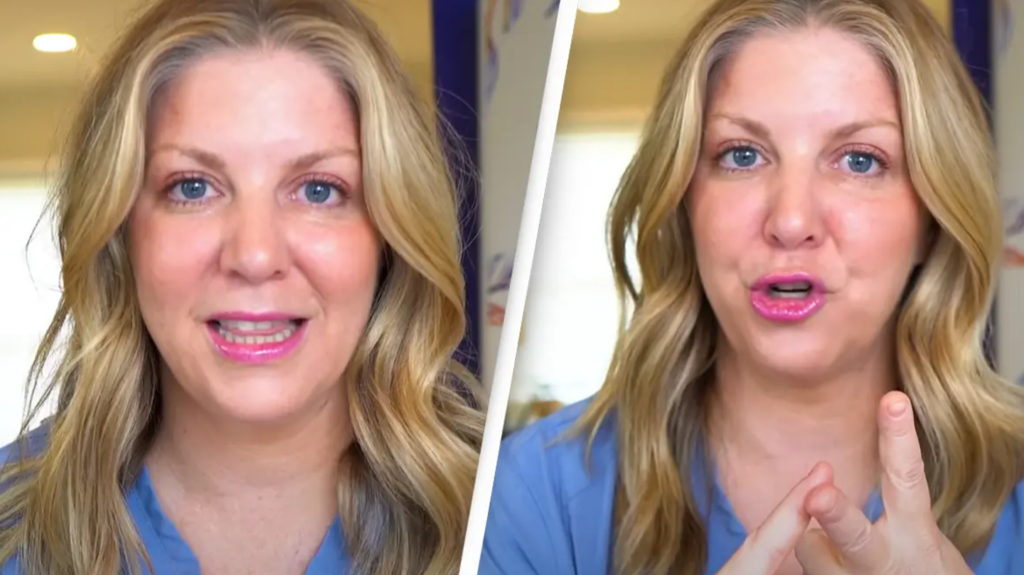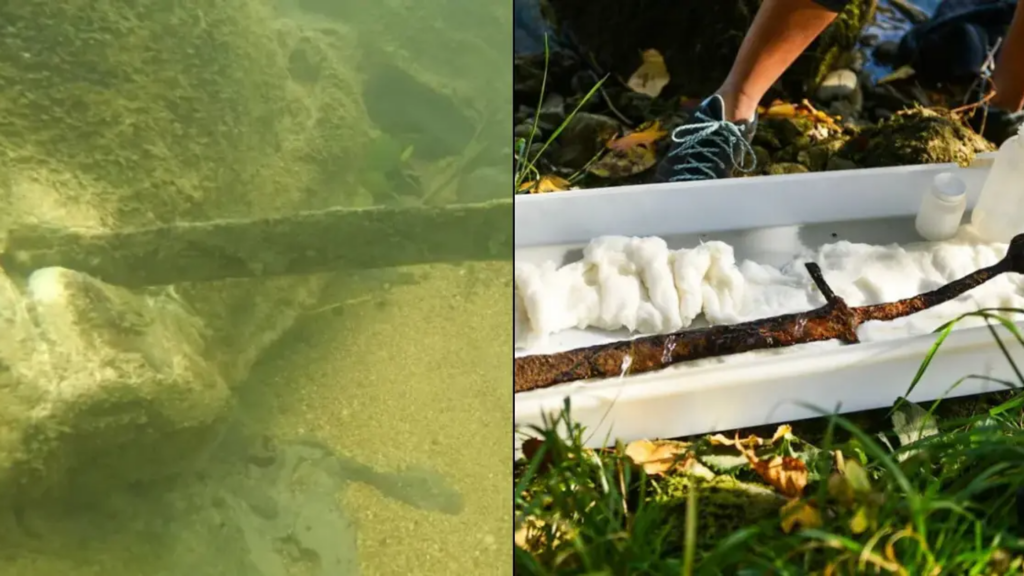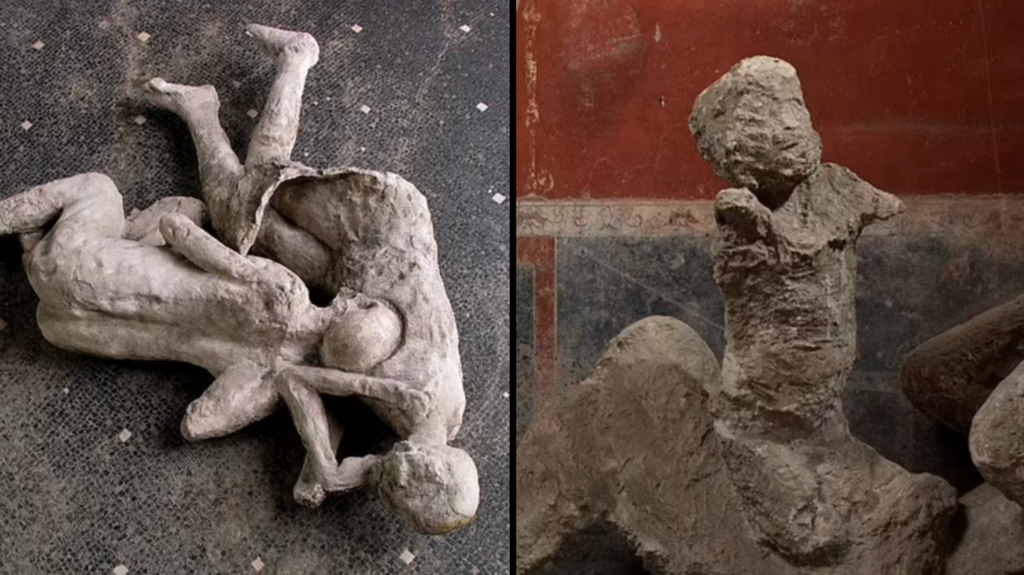An end-of-life nurse has shared some of the most surprising insights she’s gained about death.
Julie, known as Hospice Nurse Julie on YouTube, uses her platform to educate others, offering comfort and reassurance to those who may feel uneasy or fearful about death.
For most of us, thinking about death can be unsettling and intimidating.
But Julie shares that, after spending so much time with people in their final moments, her own fear of death has lessened.
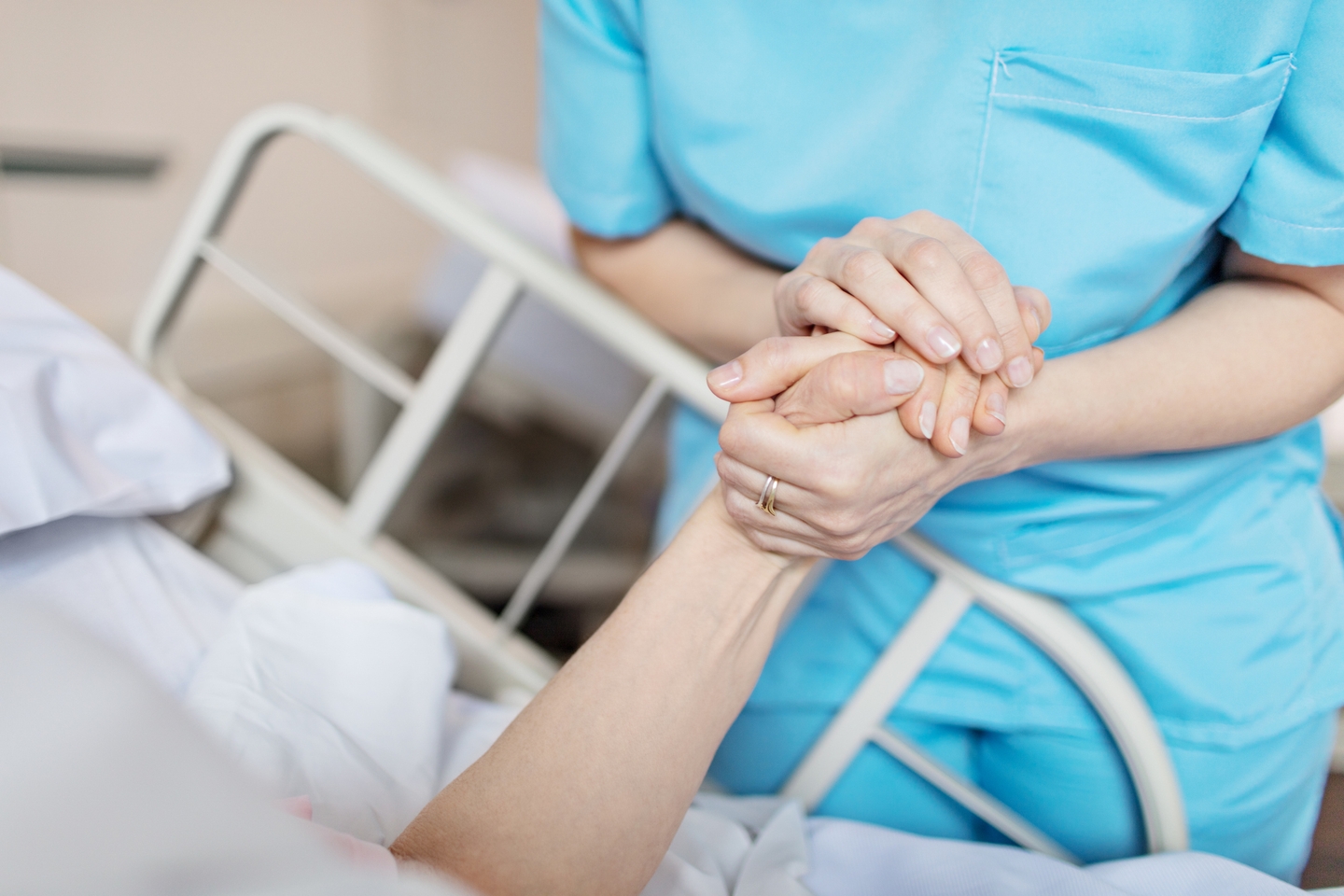
In a video, Julie highlighted three of the most surprising things she’s learned about the end of life. She explained that, although there are still many unknowns surrounding dying, understanding what actually happens can be incredibly comforting and empowering.
Unconscious Loved Ones Can Hear Us
Julie explained that even when a loved one appears unconscious and unresponsive, there’s a good chance they can still hear those nearby.
Because of this, she encourages people to be mindful of what they say and to speak to the person directly, rather than talking about them.
“We do believe they can hear us,” she said.
“Talk to your loved one like they’re there, like they can respond back, even if they cannot. Say the things you need and want to say. Don’t talk about them like they’re not there.”
“If you’re in the room with your loved one, be respectful to them and don’t argue.”
Julie added that, during her time in the ICU, some coma patients reported they could recall conversations and sense the presence of people in the room after they regained consciousness.
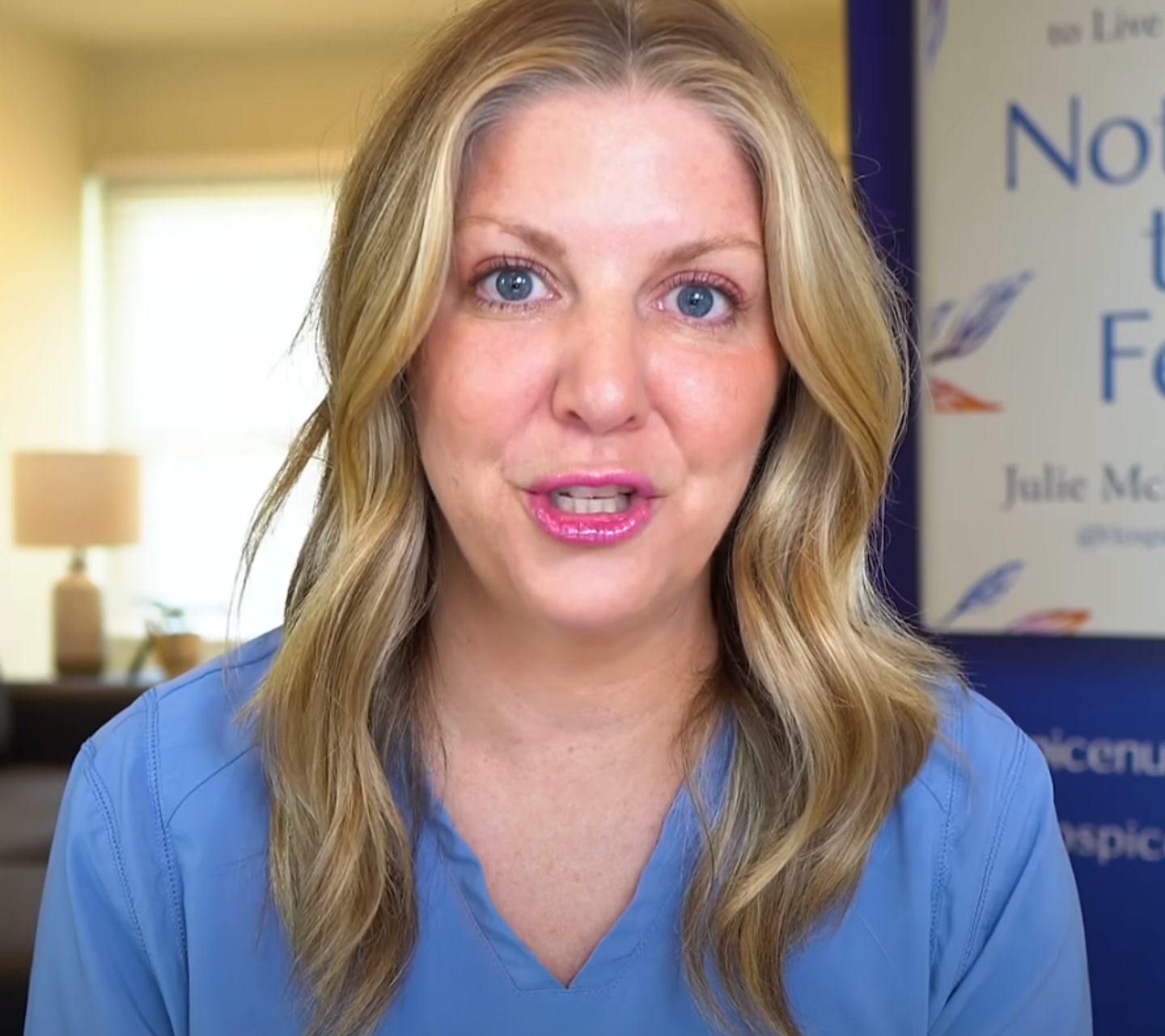
The ‘Deathbed Phenomenon’
Julie said: “The different death bed phenomenon is mind-blowing. It happens at the end of life… death bed visioning, choosing when they’re going to die, waiting for people to come into the room, waiting for people to leave… seeing it with my own eyes was shocking and comforting.”
She explains that this deathbed phenomenon is so common that she feels strongly about educating others on what to expect.
Dehydration
Julie shared that dehydration near the end of life can actually help make passing more peaceful.
“Dehydration at the end of life will help you die more peacefully, a dying body cannot handle the hydration that a living body can,” the hospice nurse explained.
“They’ll become fluid overloaded, the heart can’t pump the fluid like it should, it won’t stay intravascular in the person’s veins and arteries, it will cause swelling and respiratory distress.”
Julie described her amazement at how the body ‘assists’ in the dying process.
“Our bodies will start helping us be more dehydrated, the body knows that the more dehydrated you are the better you’ll feel,” she continued.
“You’ll go into ketosis and your body will release endorphins that will give you a euphoric feeling and start dulling pain.”
If you have experienced a loss and would like someone to talk to, reach out to The Compassionate Friends at (877) 969-0010 for confidential support.
